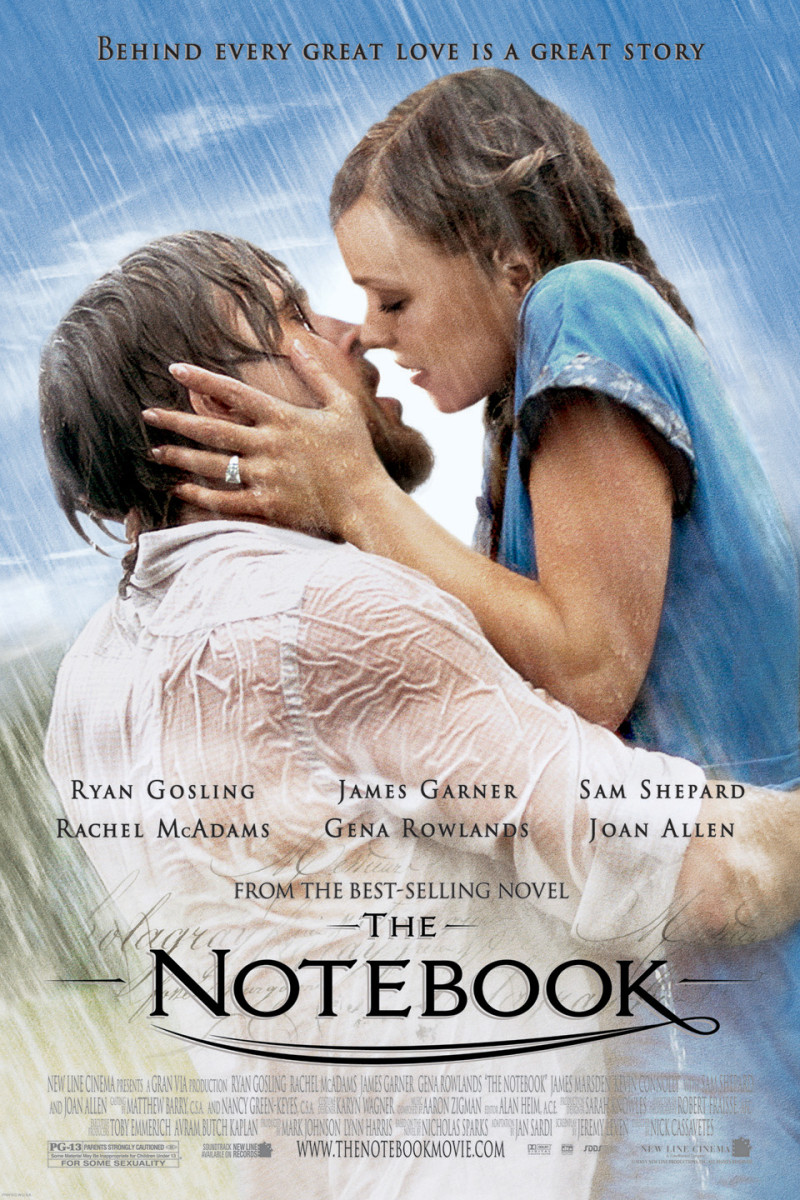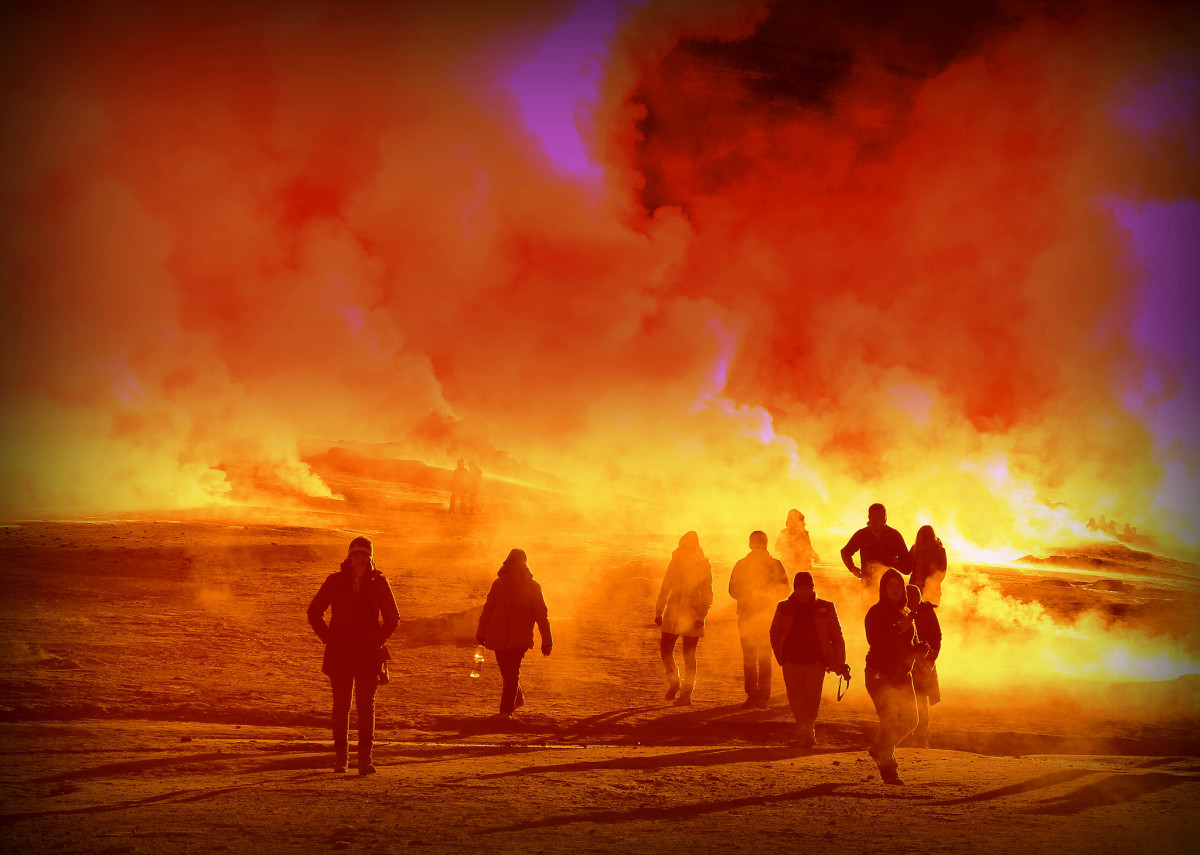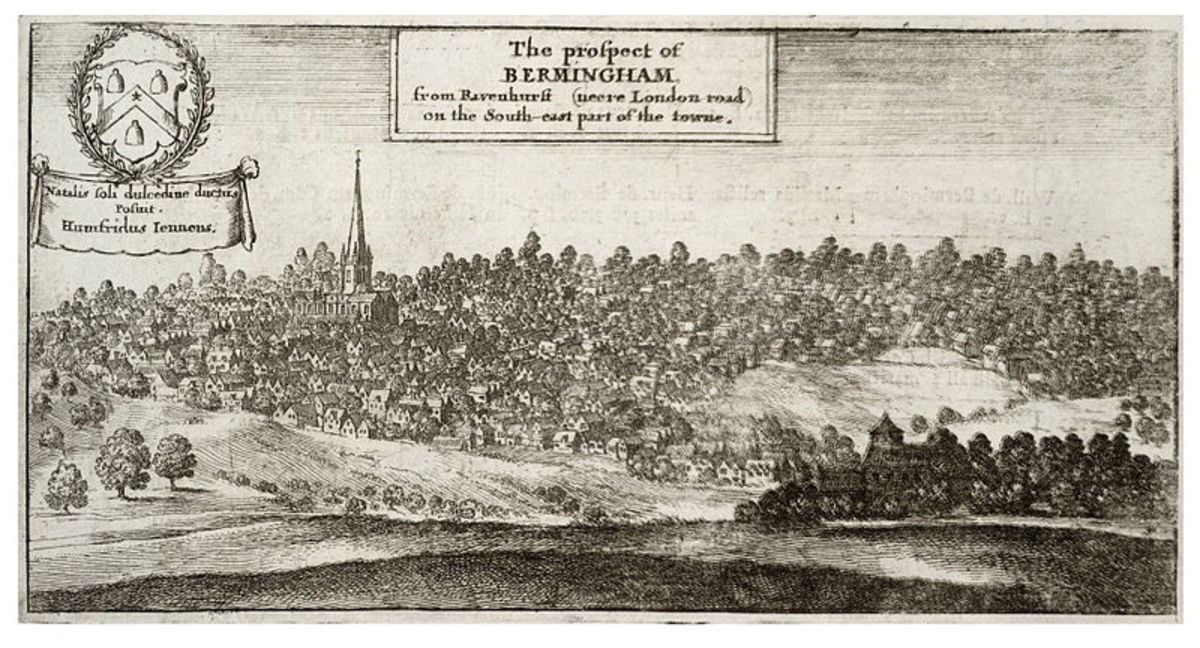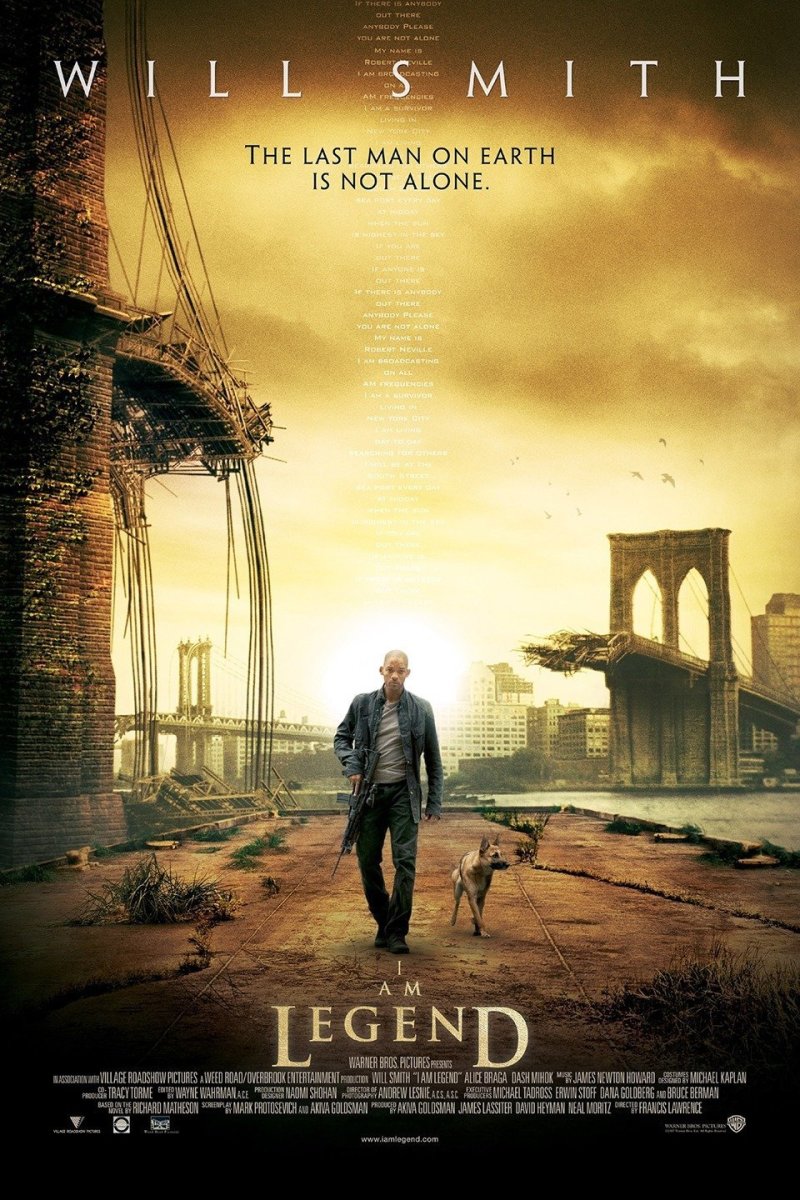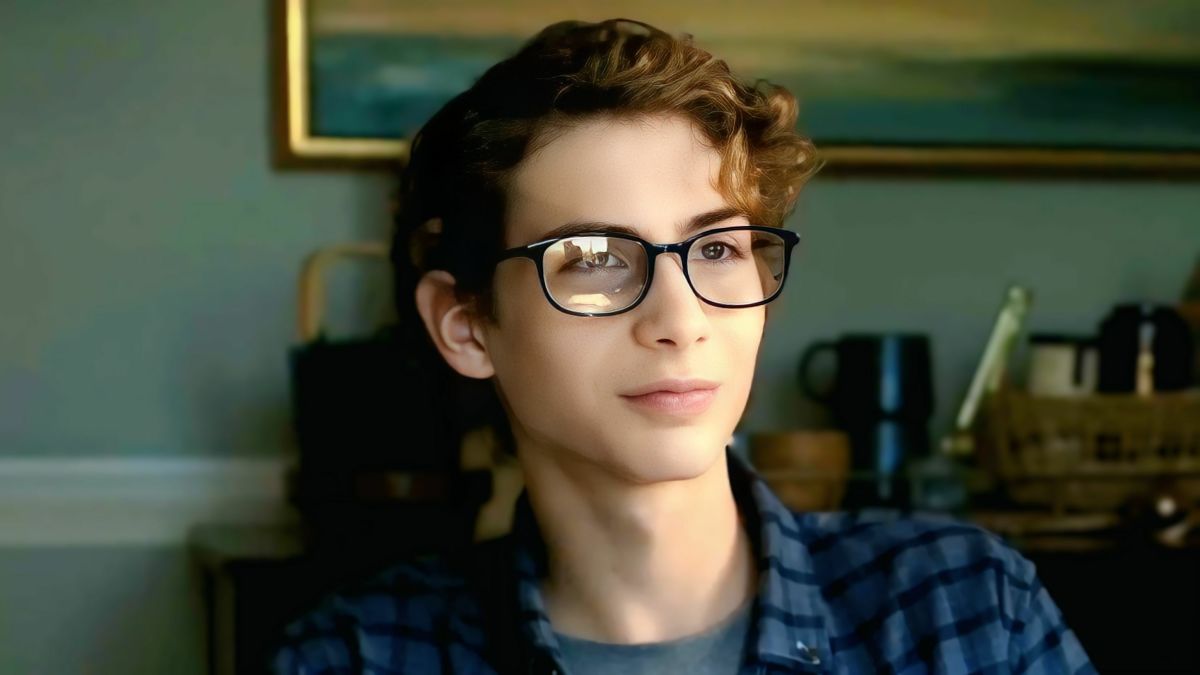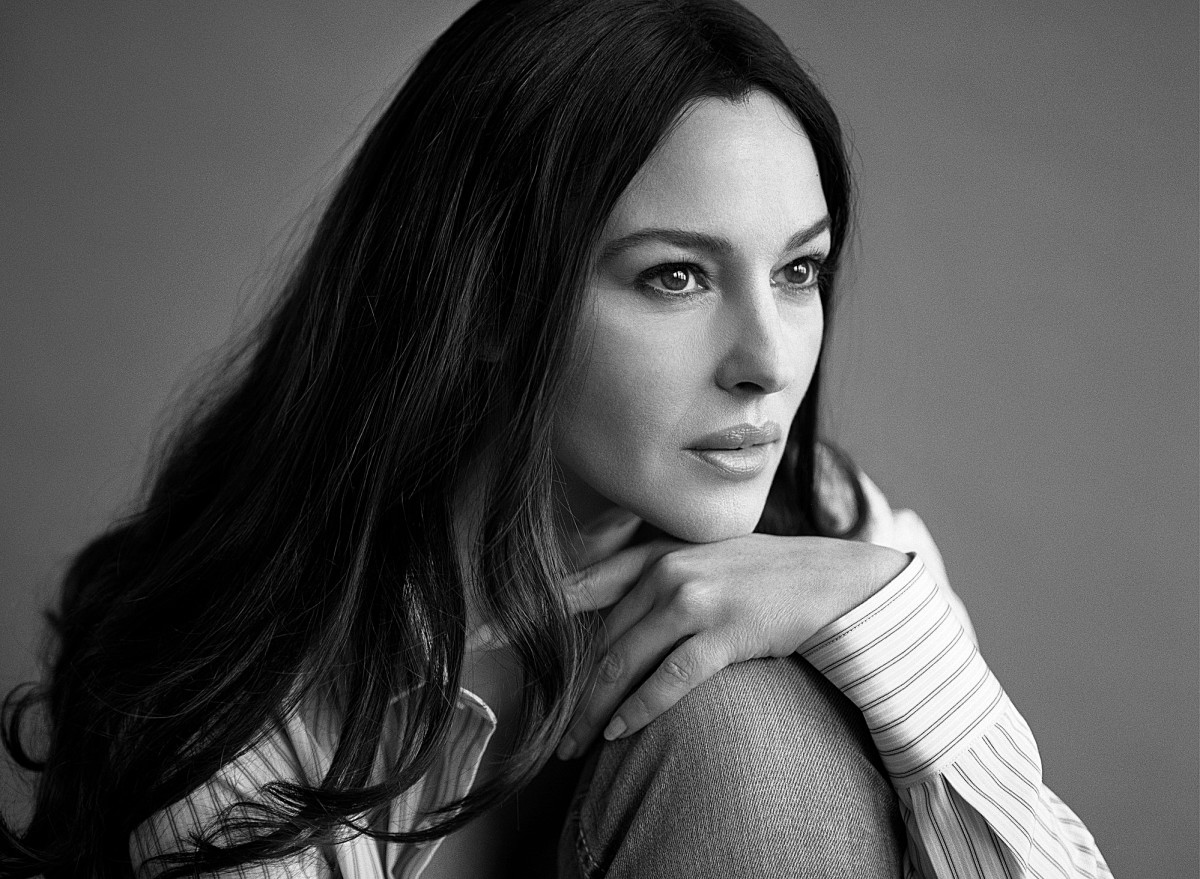Movie Review of "Chocolat" - An Uplifting Story of Faith, Hope and Love
Background
The novel titled Chocolat, by Joanne Harris, was published in 2000. The film based on the novel was released in 2001, so it is enjoying a tenth anniversary revival.This film has been long on my "must-see" list, and I finally snuggled up to my hubby to watch it as a Mother's Day treat - a delicious gift from him.
Normally, I read a book before I see a film. This time, I did things in reverse and am glad that I did. Now I want to read the novel that the film was based upon, as well as others by the same author. Her characters are three-dimensional and very human.
The movie

Cinematography
The cinematography is part of the glorious storytelling aspect of this film. The ruggedly beautiful landscape of the French countryside and special effects used in the production of the film draw in the audience and play on our passions with warmth and wit. Who would want to resist such pleasurable entertainment? If you are one who would resist, you would lose moments that reflect the glorious redemption of humanity when love prevails over staunch social and religious compunctions.
The characters and plot will not let you stand by to watch their transformations from the outside. They will take you by the hand and lead you into their world. The setting that the cinematography of the film reflects will also make you follow them willingly into their homes and their everyday lives. Through those lives they will bring you with them as they grow and transform into characters you will love even more by the end of the movie.
The Story and Characters
A mother and daughter drift into a small town in the south of France, Lansquenet-sous-Tannes. They rent an old patisserie owned by a crusty, elderly landlady, as well as the apartment above it. The shop is located in the town square, directly across from the local church. The season is Lent and the town is small and unwelcoming to strangers.
Instead of attending the church, Vianne (Juliette Binoche) works to make their home warm and cozy with what they have. Vianne cleans, paints,decorates, and hangs out her sign, advertising that she has set up a Chocolaterie . Her daughter Anouk plays with her imaginary kangaroo friend named Pantoufle. With Pantoufle, the girl feels less lonely. Because of their drifting, she has not formed many long-lasting friendships in the six-year span of her life.
Because she is a stranger in town, Vianne has the freedom from the local social scaffolding that allows her to draw in other souls who are estranged from the same social scaffolding, and from each other on a personal level,. Some of those separations are bridged, and the unifying factor is Vianne, through the dramatic effect that her chocolates have on those who eat them.
Armande
Because of her gentle presence, Some of the townspeople confide in Vianne. She befriends her landlady, Armande, (Dame Judy Dench), and reunites her with her grandson Luc. Vianne also throws a very festive 70th birthday party for Armande on the banks of the river.
Pauline
Pauline (Lena Olin) is a beautiful woman who is beaten by her husband. Vianne takes her in to live and work with her, and she becomes like an auntie to Anouk. The Mayor tries to reform Pauline's husband for the sake of the sanctity of their marriage, but cannot. When the husband tries to kill the gypsies who have docked their house boats in their harbor for the Easter festival, the Mayor drives him out of town.
The Mayor
The Mayor of the town is self-righteous, and tries his best to put Vianne's shop out of business. He accuses her of being an atheist and a witch. His wife has left him and in order to exert control over his world, he takes control of the Priest's homilies throughout the Lenten season. Later in the film, he comes to terms with his own humanity after he tastes Vianne's chocolates, and his attitude toward her softens.
Pere Henri
Pere Henri is the young pastor of the town's Catholic church. His sincere desire to serve his people leads him to allow the Mayor, who is at least a decade older, to control the messages he gives his congregation. Toward the end, Pere Henri catches a glimpse of the basic human frailty behind the compelling charisma of the Mayor's leadership style, and abandons the edited version of his intended homily in favor of one that comes from his heart on Easter Sunday, one that celebrates Jesus' humanity and love. It is one of my favorite moments of the story.
Roux
Roux (Johnny Depp), is the captain of the fleet of gypsy houseboats that dock on the banks of the Tannes, outside town. Gypsy ways are not understood by the townspeople, so they are suspicious of them. They are also unwelcome strangers. Vianne reaches out to them and invites Roux to her shop. They are kindred spirits and like each other, and part of the game of their courtship involves her giving him a taste of chocolate candies that she thinks he would like. The game is one of mystery and surprise, for he keeps affirming that he likes what she gives him, but has not yet guessed his favorite. It is playful and provocative. Finally, toward the end, he does reveal which chocolate treat he likes best., and returns after Easter to entertain the townspeople and continue seeing Vianne.
Sunny Mug of Warm Liquid Chocolate
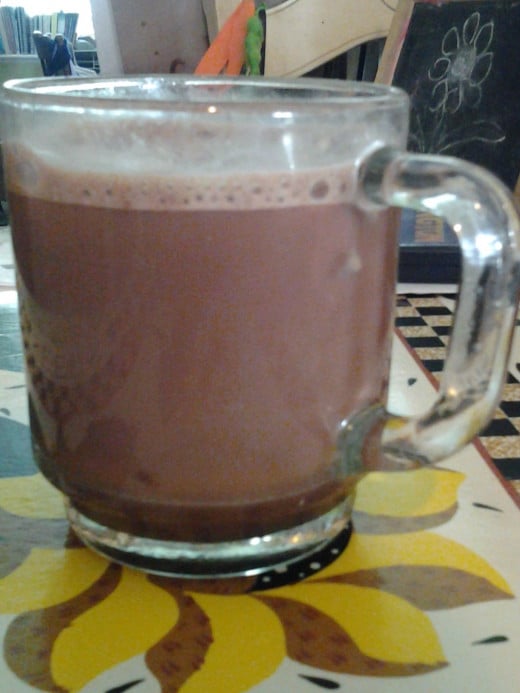
Themes
There are several themes that run through the story of Chocolat, and they are predominantly spiritual. They are the basic trinity of spiritual strengths that Saint Paul writes about in 1 Corinthians, Chapter 13.
Faith
Vianne stands for faith in humanity. She offers the warmth and compassion to the townspeople that their Catholic practices cannot give them. She has faith that Pauline will stop stealing when she is given what she needs most, respect for herself. She has faith that her chocolate beans will revive the conjugal passions between one of her patrons and her husband. She has faith in the basic goodness of the townspeople who stop by her shop, and is kind and respectful toward them. She has faith in them because she has faith in herself and the healing gift she brings to them through her chocolates. She has more spiritual strength than all of the townspeople put together, and lends them her strength when they reach out to her for it.
Hope
Vianne gives hope to the townspeople by reaching out to them and giving them a way to restore their broken lives. She gives Armande a reason to live despite advanced diabetes by reuniting her with her grandson. She gives Pauline hope to rise above the domestic abuse she has been suffering from by taking her in and teaching her how to make the chocolates and keep the shop. She gives hope to the woman who buys the coffee beans that her marriage will be renewed both physically and emotionally. She gives hope to the gypsies that they will have a place to entertain and make a living in the town.
Love
"...and the greatest of these is love," wrote Saint Paul. It is true. Vianne's love of people gave her the patience to listen to them. She had a special tool for guessing which flavored chocolates to recommend to them, and it usually worked, but she used it only after listening to them speak about themselves and the journey of their lives. She was generous, forgave Pauline for stealing from her, and forgave the Mayor for wanting to drive business away from her. She reached out to the stranger, as Jesus instructed people to do for one another throughout their lives, and she gave to them her compassion, like the gift of a soft, warm blanket in winter. By Easter, the town was transformed by love. Their lives were resurrected beyond their imaginations, and she found a home for herself and her daughter.
Conclusion
Now, please enjoy the trailer below. I hope it inspires you to read the book and see the entire movie.
Mmmmm.........Delicious!
This content is accurate and true to the best of the author’s knowledge and is not meant to substitute for formal and individualized advice from a qualified professional.
© 2011 Karen A Szklany


